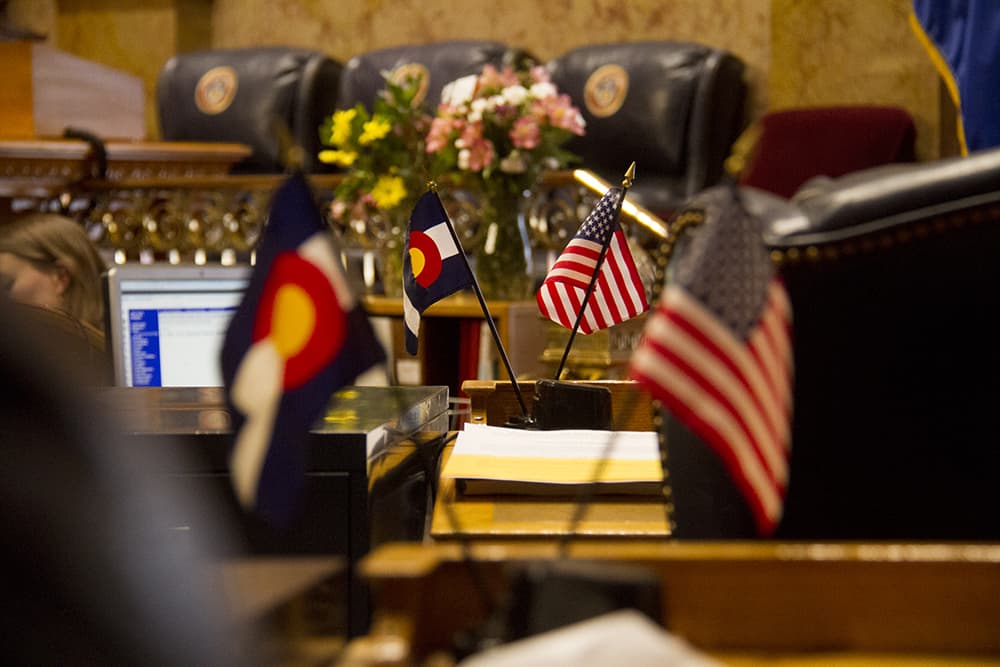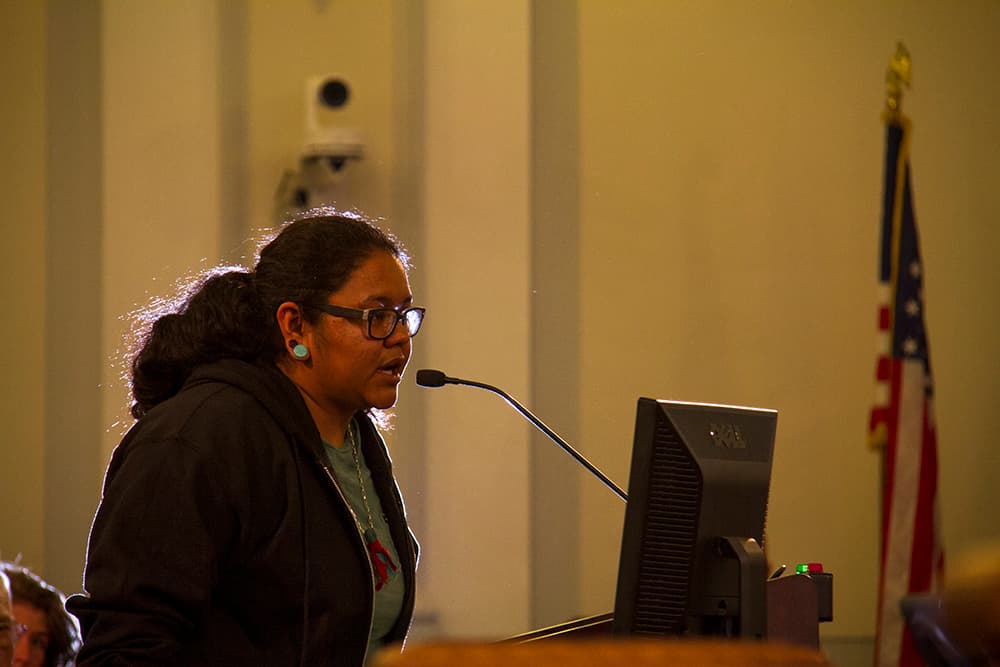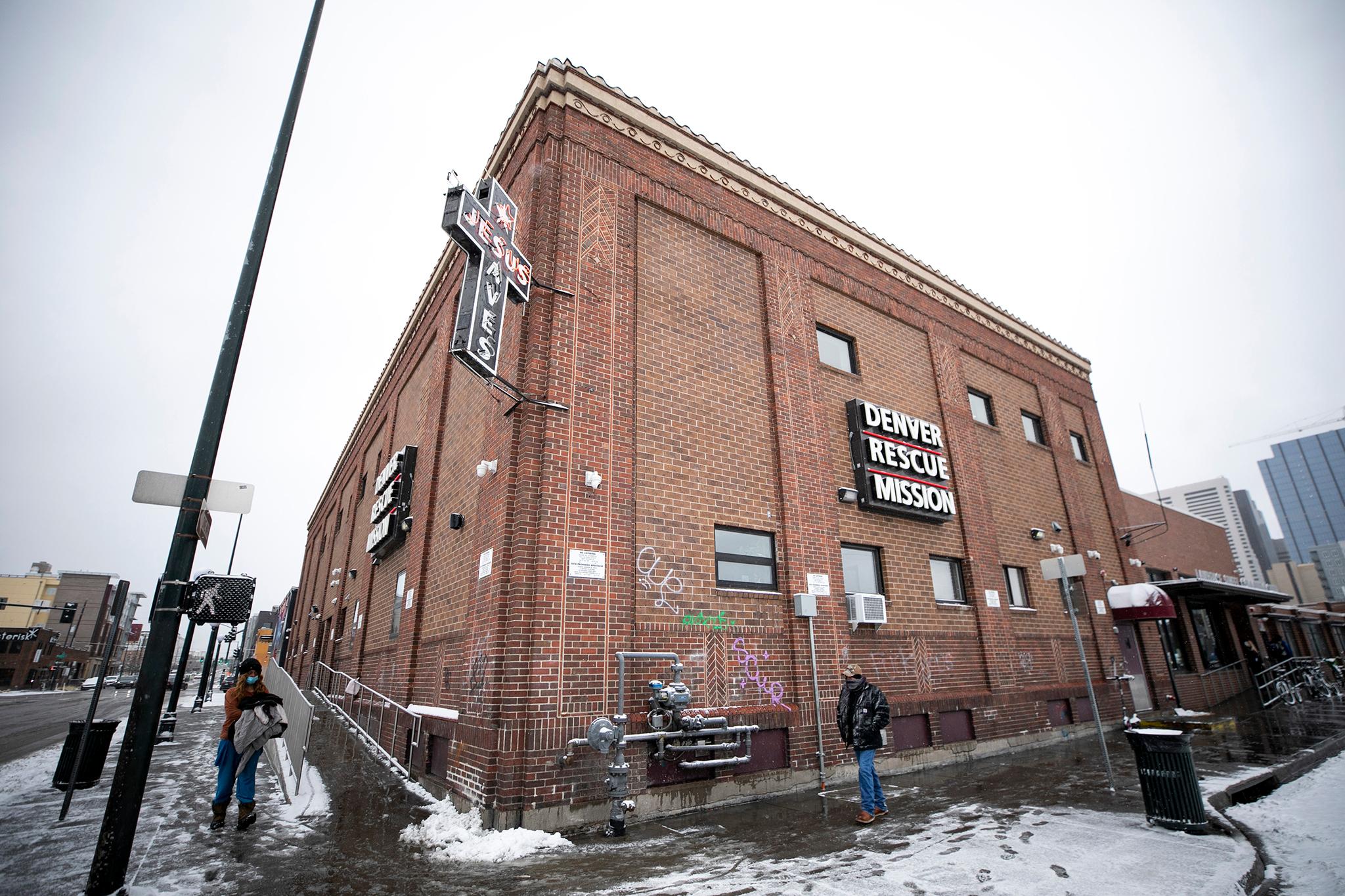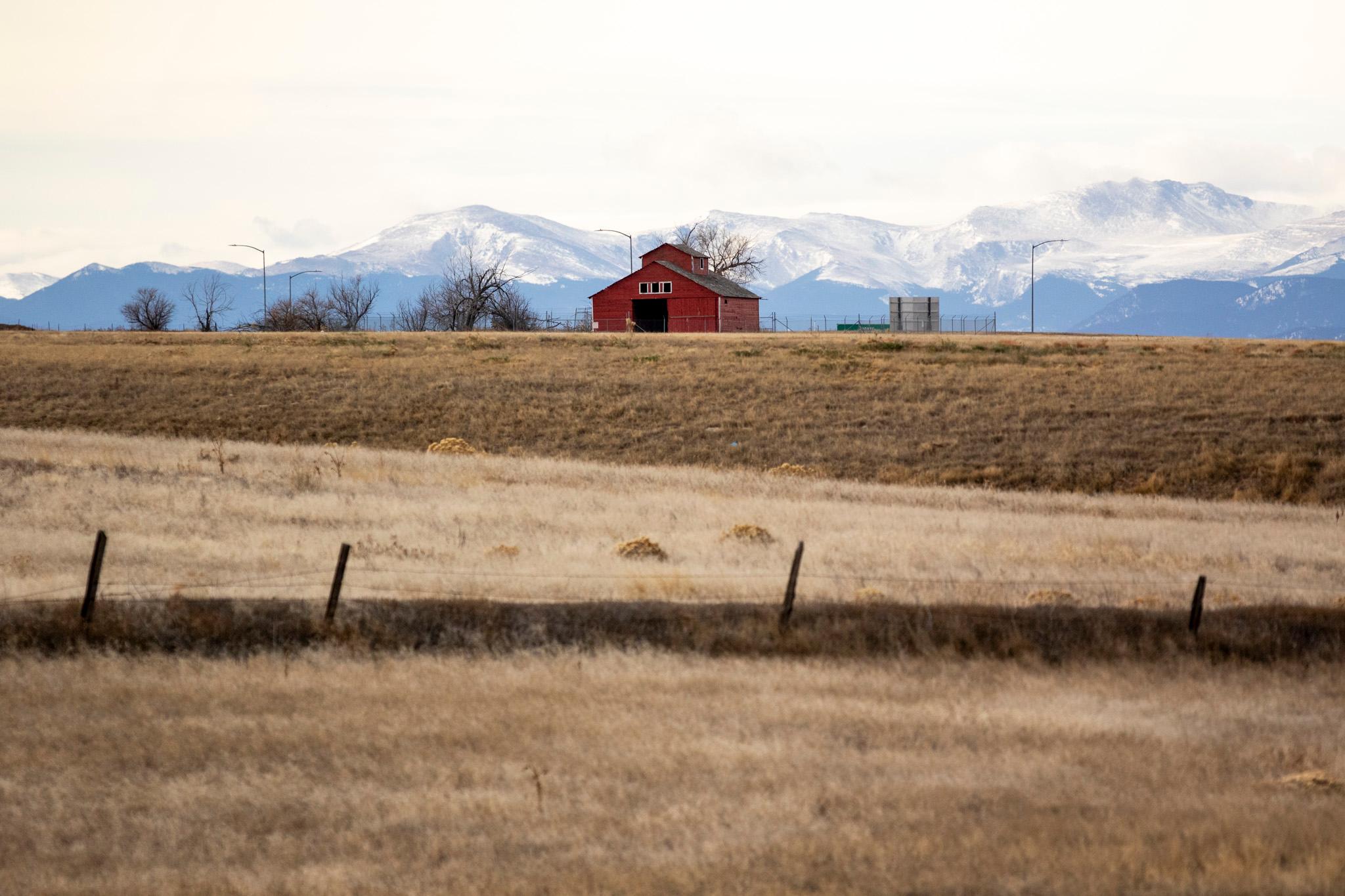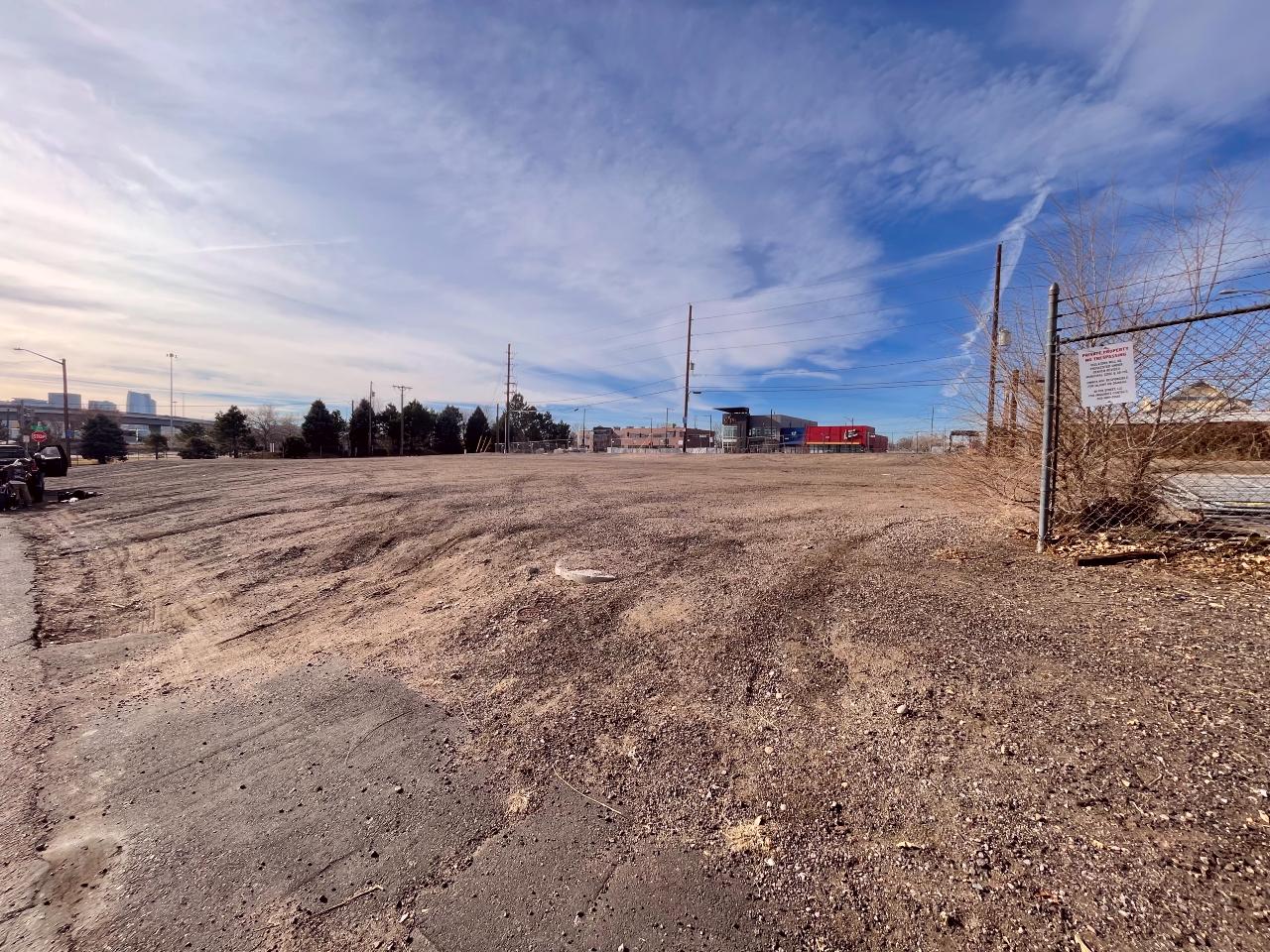Coloradans and our tourists who are totally not coming here just for pot would pay more for cannabis and seniors and disabled veterans would get less of a break on their property taxes under a set of budget amendments Gov. John Hickenlooper has submitted to the legislature.
The reason the governor wants more money is that the Gallagher Amendment requires a decrease in the assessment rate for residential property this year. The Gallagher Amendment limits the total share of the property tax burden that can be born by residential property owners to 45 percent. Because property values have gone up so much, the assessment rate has to go down to maintain the required ratio with commercial properties.
That means a $135.1 million property tax reduction for homeowners -- and a corresponding budget shortfall for schools that the state has to backfill to the tune of $106 million. This is more than Hickenlooper's budget request originally anticipated.
The governor has two ideas for getting the money:
- Reducing the senior homestead exemption by half. This is a property tax exemption that can be claimed by people 65 and older who have owned their home for at least 10 years. It's also available to disabled veterans. It allows them to exempt half of the first $200,000 in home value from taxation. Reducing the exemption to the first $100,000 would generate about $68.1 million in additional revenue for the state.
- Raise the special sales tax on recreational marijuana to 12 percent. It's currently 10 percent. This would raise about $49.1 million.
Each of these measures would require approval of the legislature but not of the voters. The legislature has suspended the senior tax exemption before. And when Colorado voters approved the marijuana sales tax in 2013, it included a provision that allows the tax to be increased as high as 15 percent.
The money from each of these changes would be dedicated to K-12 education, the governor's office said. The two proposals were submitted to the Joint Budget Committee on Tuesday.
"While these proposals can help us in the short term, we believe that structural reforms to the rules that control school finance are an imperative for the state, and this work should begin during this legislative session," Henry Sobanet, director of the Office of State Planning and Budget, wrote in a letter to the Joint Budget Committee members.
In his State of the State address last week, Hickenlooper called on the legislature to address the "fiscal thicket" of school funding, and in a press release on the requests, Sobanet said this situation is an example of the contradictory pressures on the state budget.
"One part of the Constitution lowers property taxes for schools and shifts the burden to the state, and another part of the Constitution says the K-12 school budget has to grow. This is a prime example of why we call our budget rules a 'fiscal thicket,'" Sobanet said.
In addition to the Gallagher Amendment and the Taxpayer's Bill of Rights, Colorado has Amendment 23, which requires education funding to grow by the rate of inflation. However, the state doesn't have the money for that, so it applies something called the "negative factor" to reduce what it would otherwise have to pay local districts.
That negative factor was already $876.1 million in the governor's requested budget for 2017-18, and the request for additional revenue is an attempt to keep it from growing to $982.3 million.

